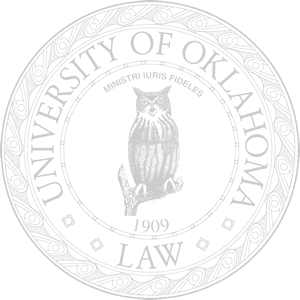Introduction
About this site
In addition to the American Indian Law Review and the Native American Constitution and Law Digitization Project (opens in a new window), the items under the heading Additional Resources in the left menu provide a host of links relating to various Native American Resources
About the American Indian Law Review
The American Indian Law Review serves as a nationwide scholarly forum for the presentation and analysis of developments in the Indian law and Indian affairs. Adhering to the traditional law review format, the American Indian Law Review offers in depth articles written by legal scholars, attorneys and other expert observers. In addition, law students write on a wide variety of issues in the rapidly expanding field of Indian law. Each issue also includes a comprehensive summary of recent developments, including federal legislation as well as reviews of current books and literature.
Each year the American Indian Law Review sponsors the American Indian Law Writing Competition. This competition is open to law students throughout the United States and Canada. The top three entries are rewarded money prizes and the first place entry is published in the Review.
About the Native American Constitution and Law Digitization Project
The Native American Constitution and Law Digitization Project (opens in a new window) is a cooperative effort among the University of Oklahoma Law Center and the National Indian Law Library (NILL) (opens in a new window), and Native American tribes providing access to the Constitutions, Tribal Codes, and other legal documents. Project Coordinators are David Selden (NILL) and Marilyn Nicely (OU).
Tribal constitutions and codes are the heart of self-government for over 500 federally recognized tribes, and are the lifeblood of Indian sovereignty. The University of Oklahoma Law Center Library and the National Indian Law Library work with tribes whose government documents appear on this web site; these tribal documents are either placed online with the permission of the tribes, or they are U.S. Government documents, rightfully in the public domain.
